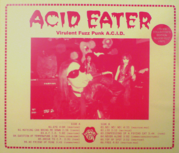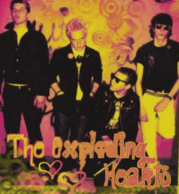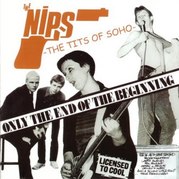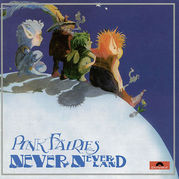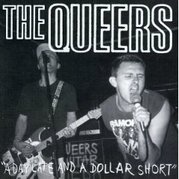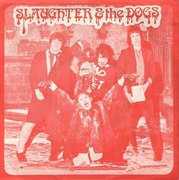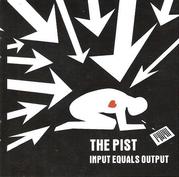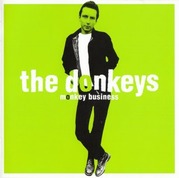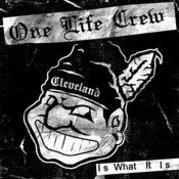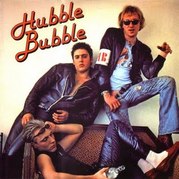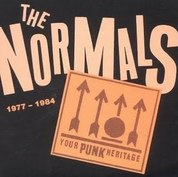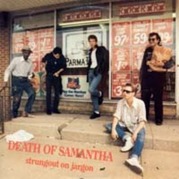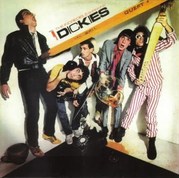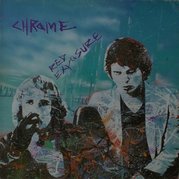Acid Eater: It Is What It Says
There’s some weird, intangible line that garage toes on occasion that might make some simply refer to it as punk. There’s, obviously, also punk that works backwards in the same way. But does the inclusion of an organ make you a garage band? Shhh. Don’t answer, it doesn’t matter as long as your band doesn’t suck. As for Acid Eater, many things can be said and figured about the Japanese quartet comprised of Yamazaki Maso, Toda Fusao, Miyaji Kensaku and Akiba, but probably no one’ll go and say they suck. Well, your mom might think so, but what does she know about any of this…
